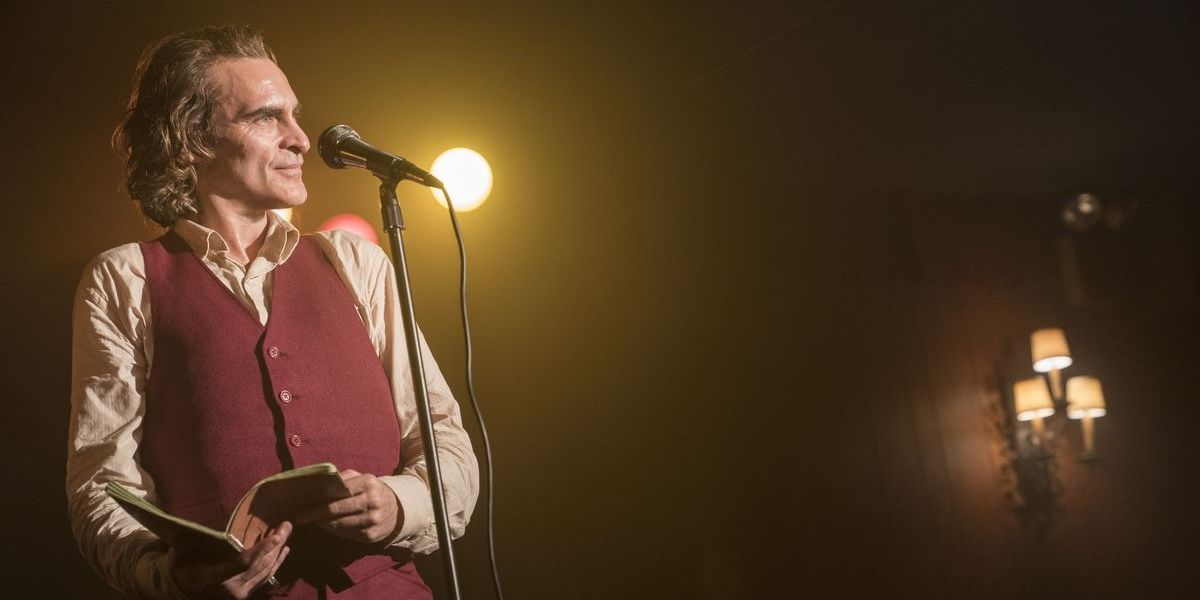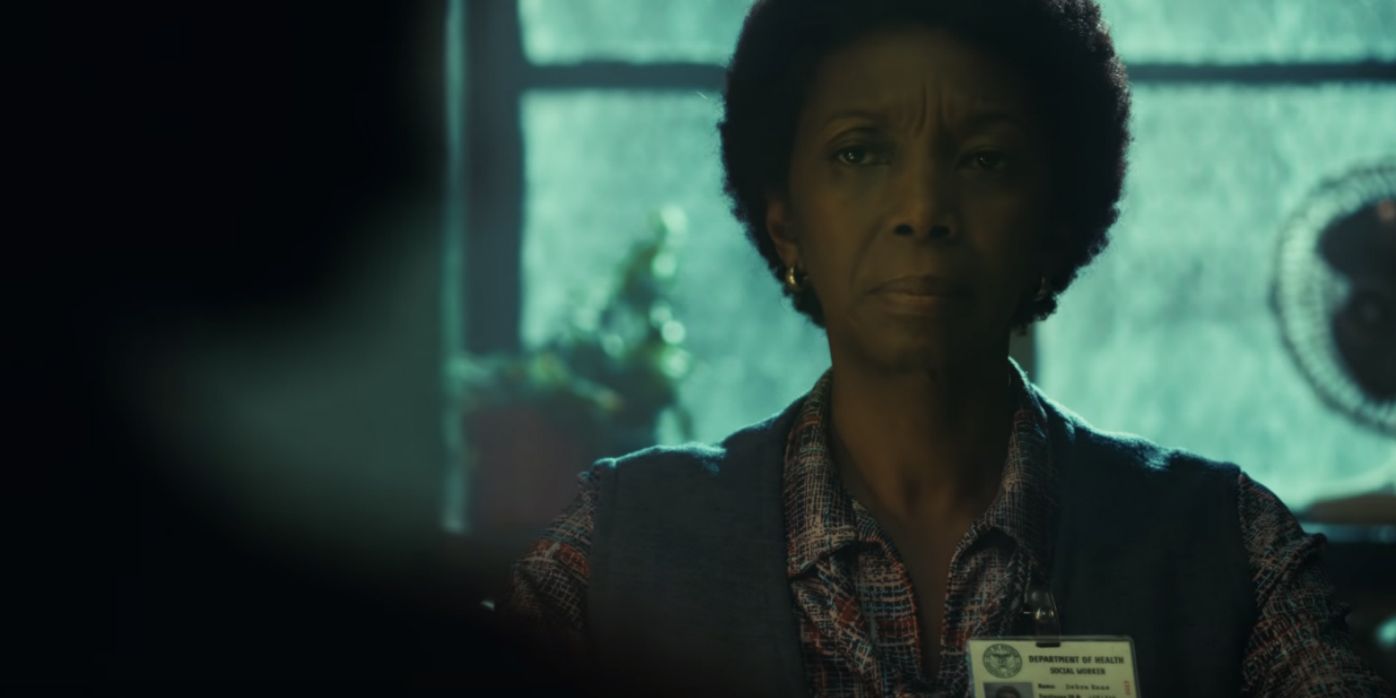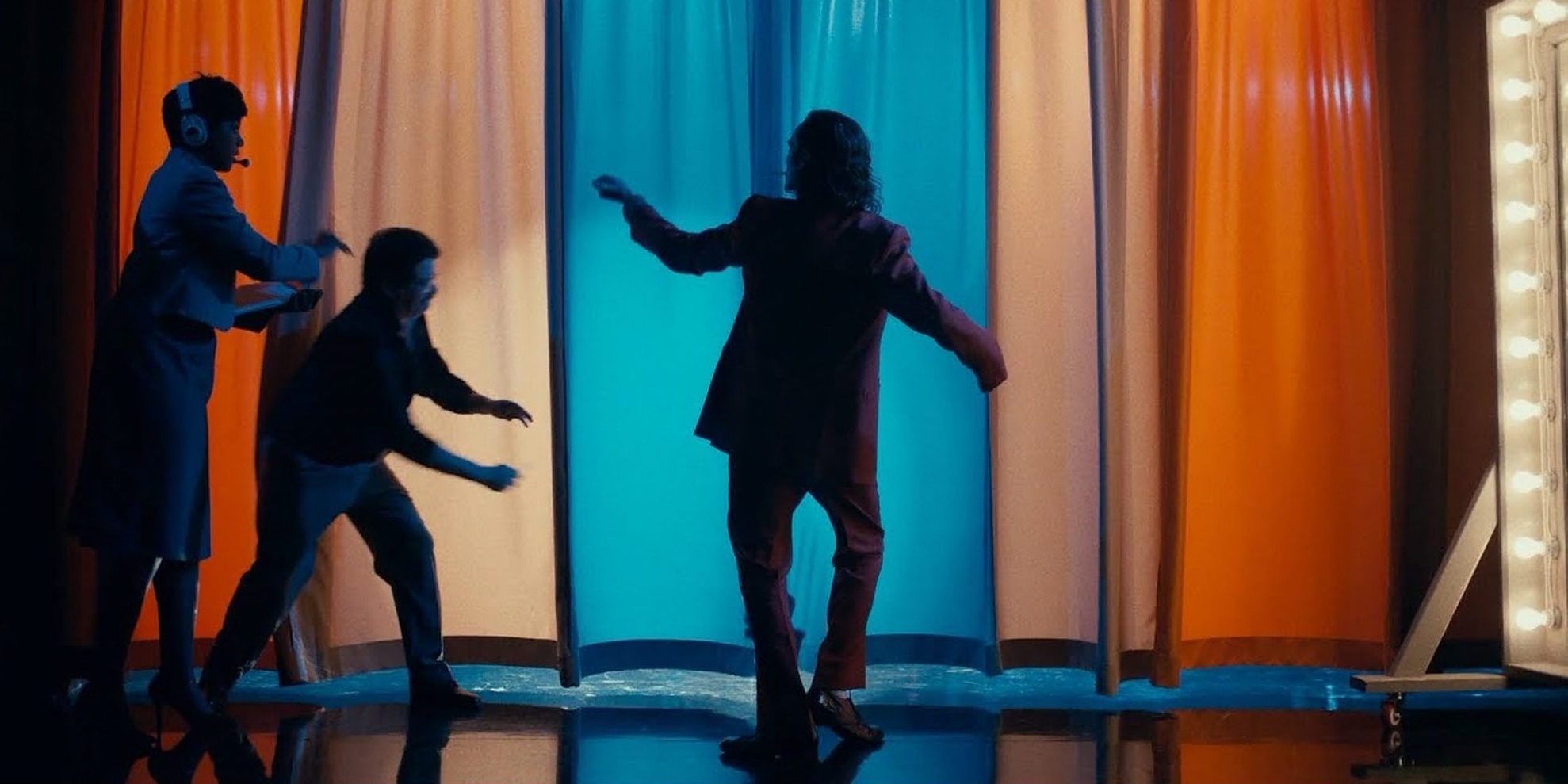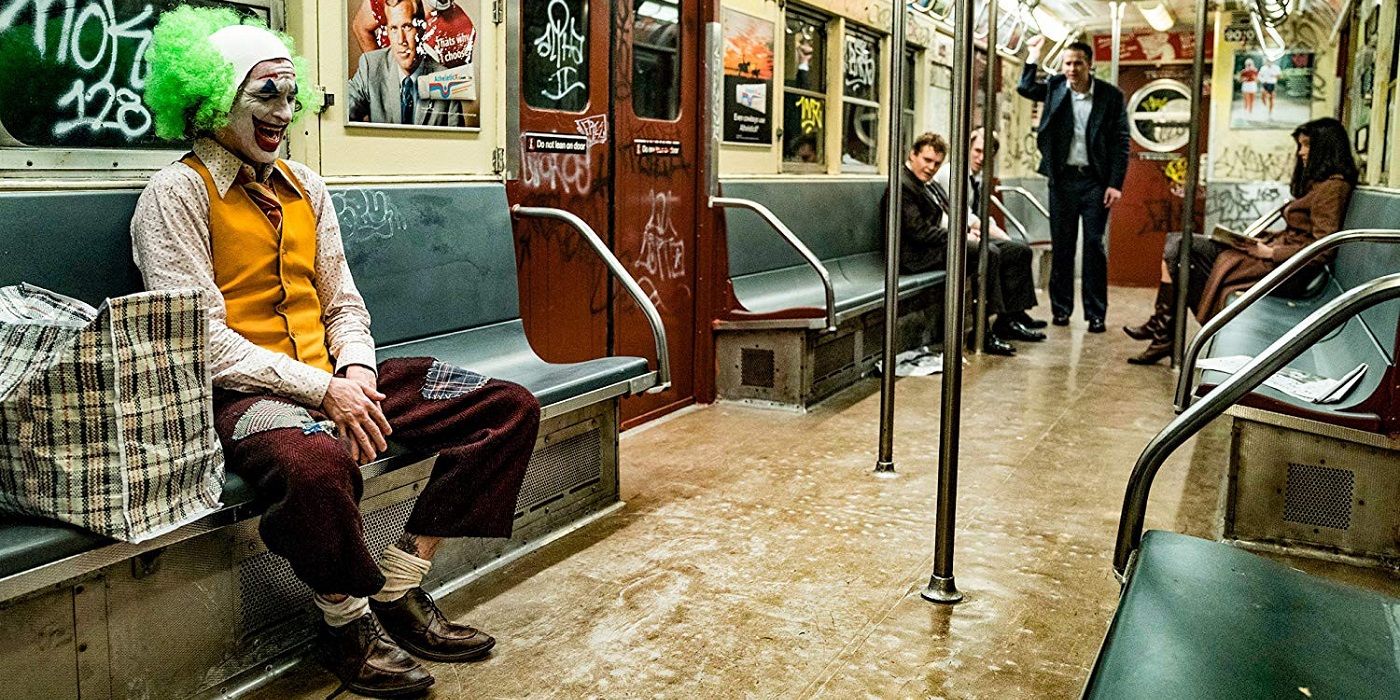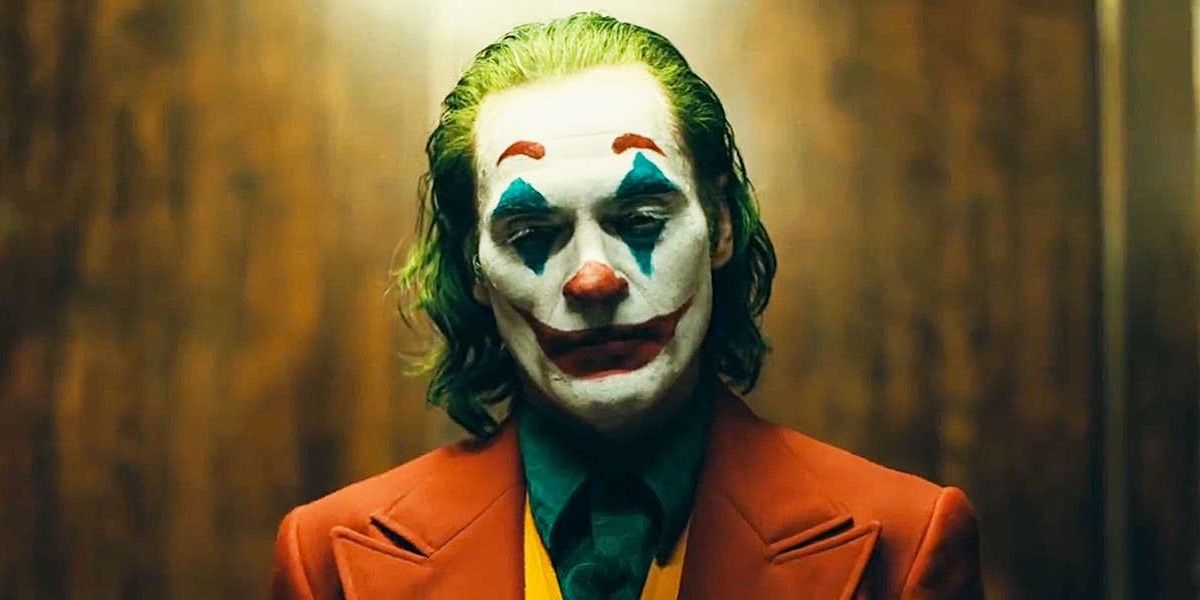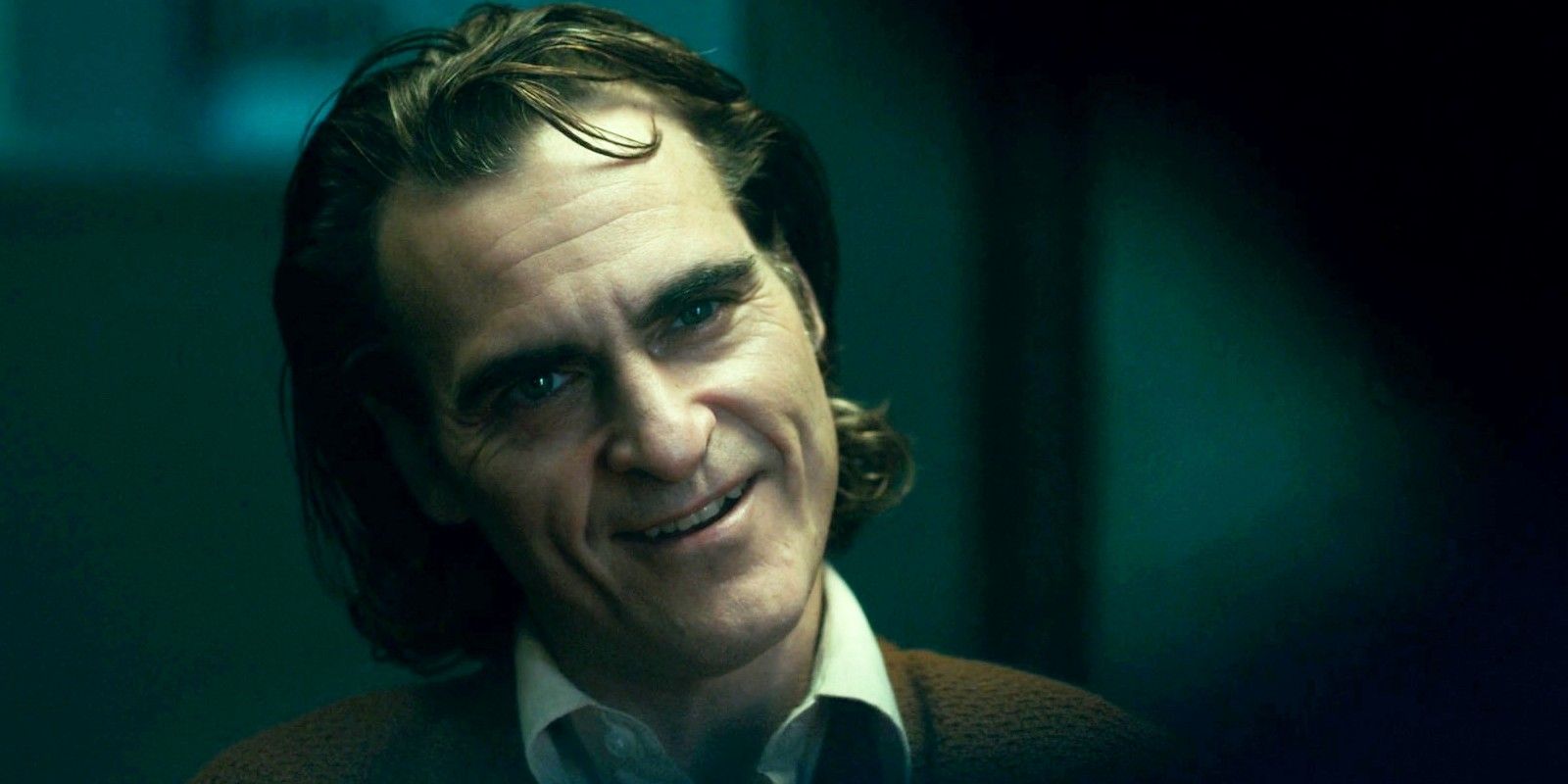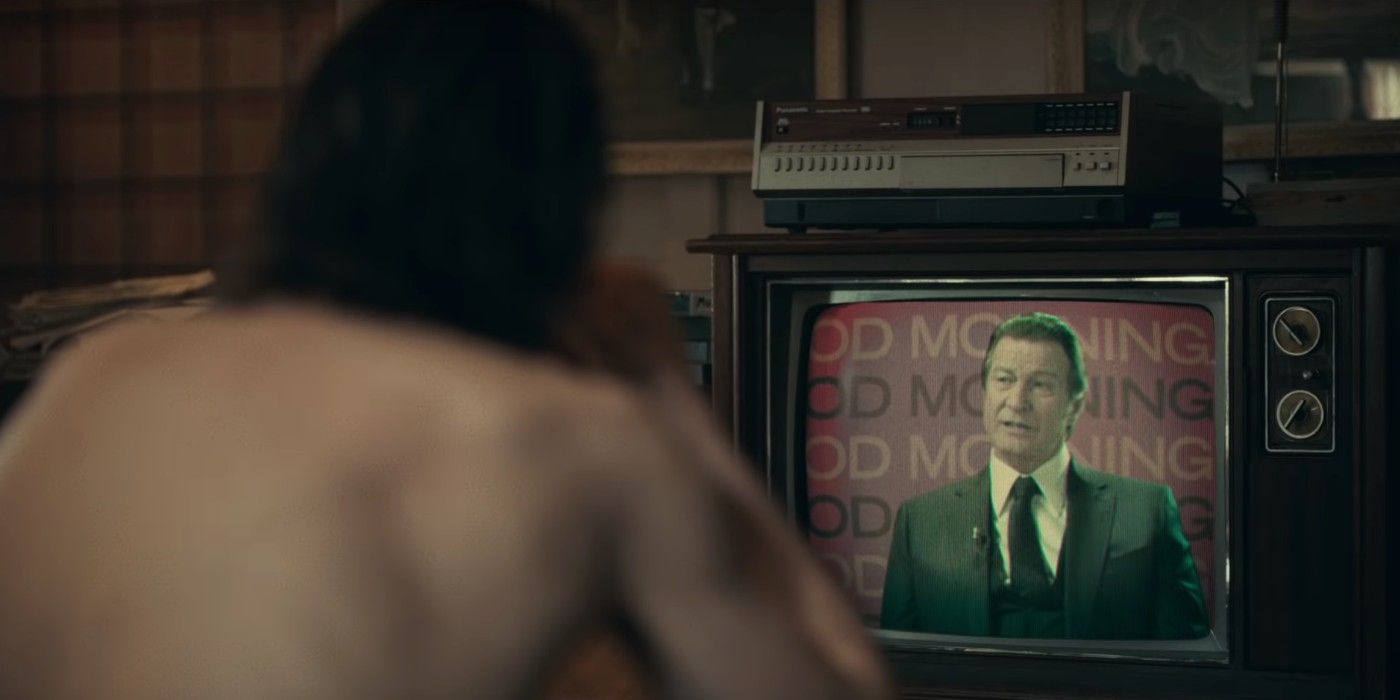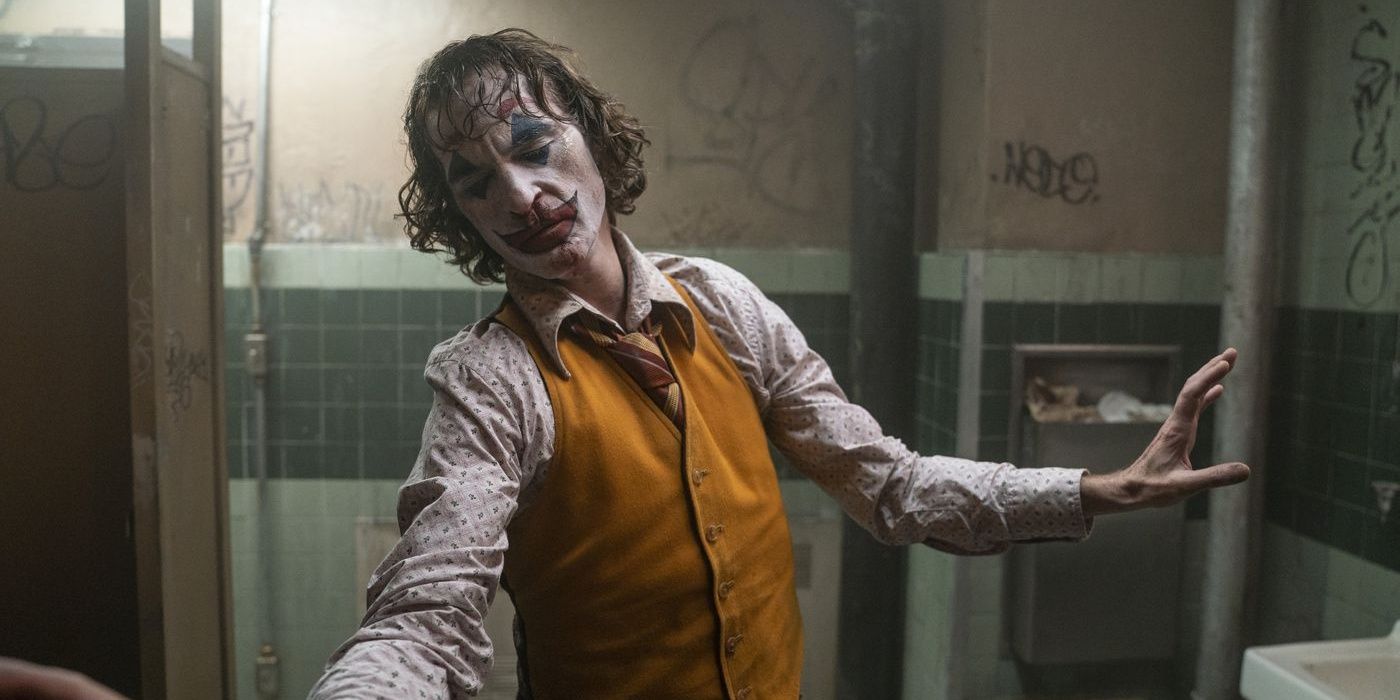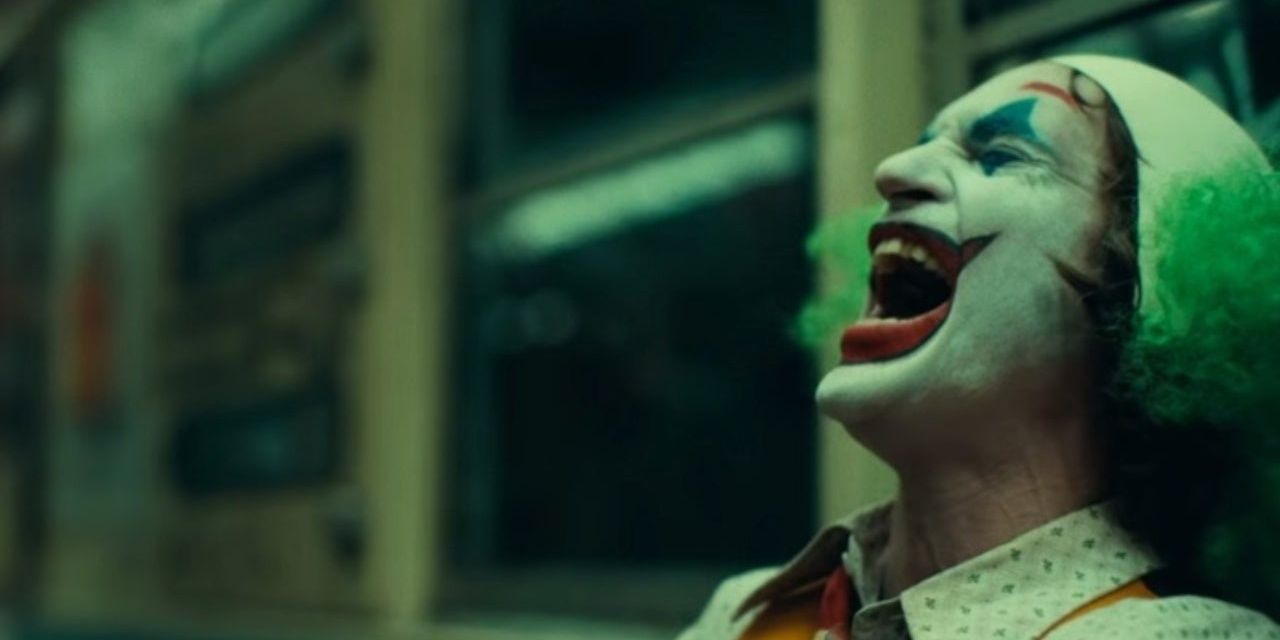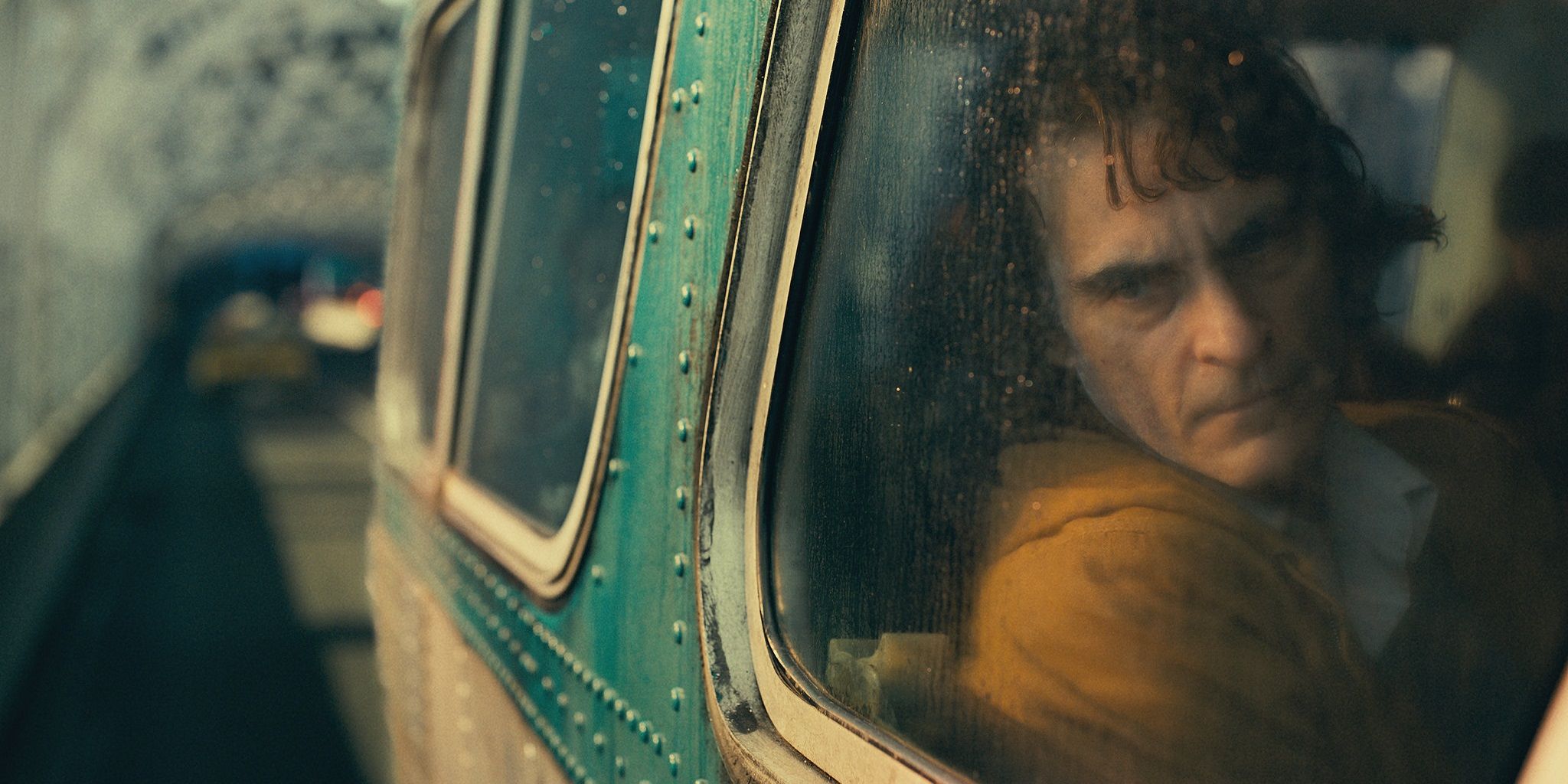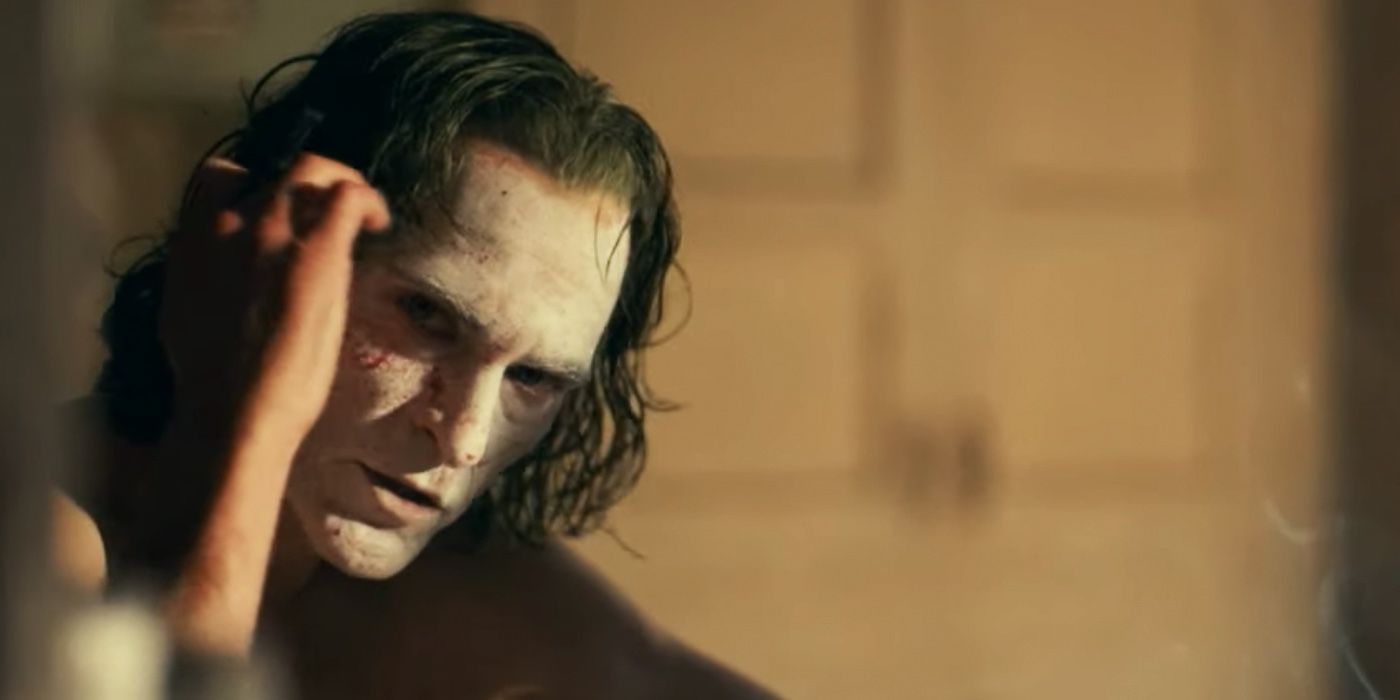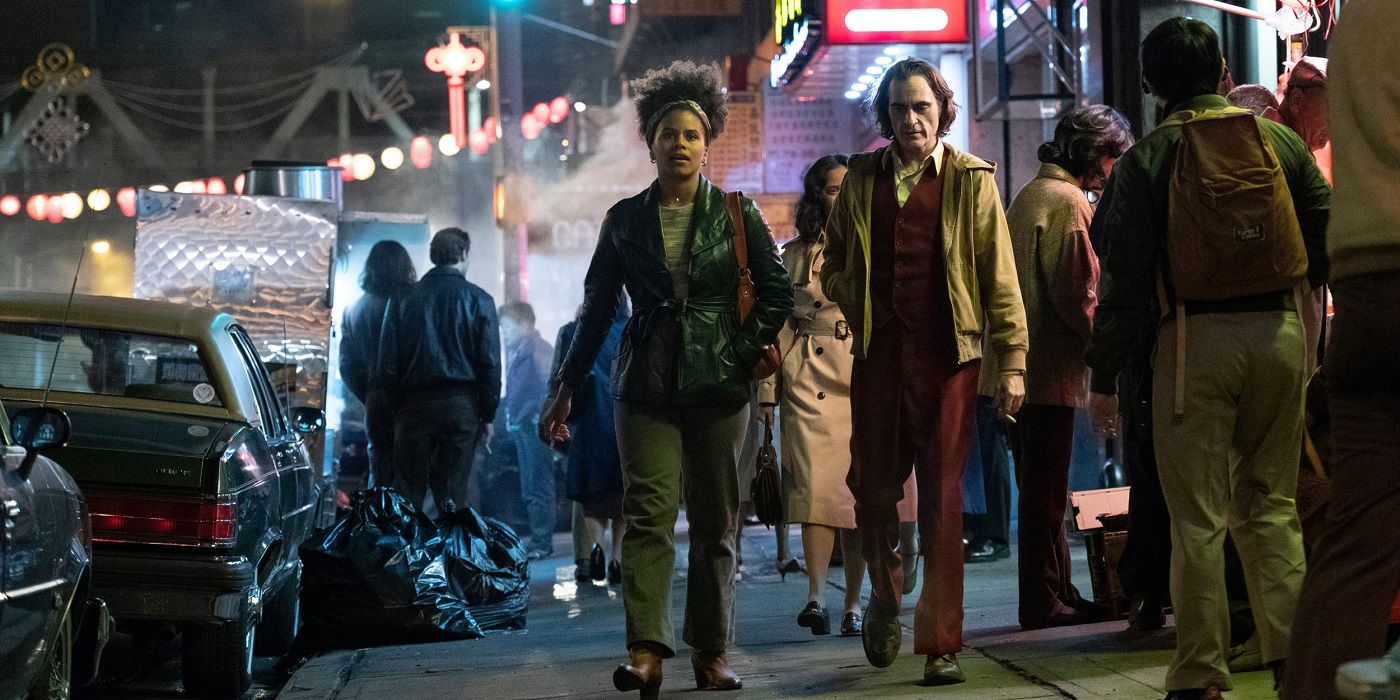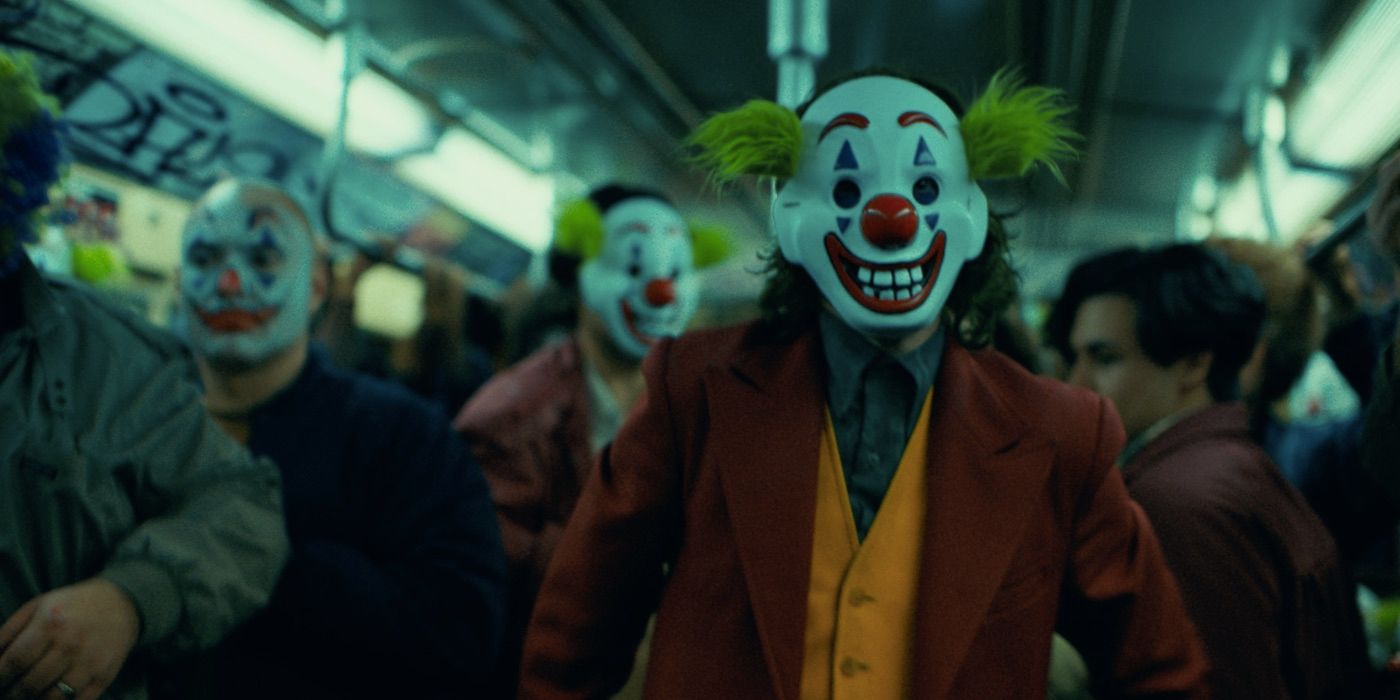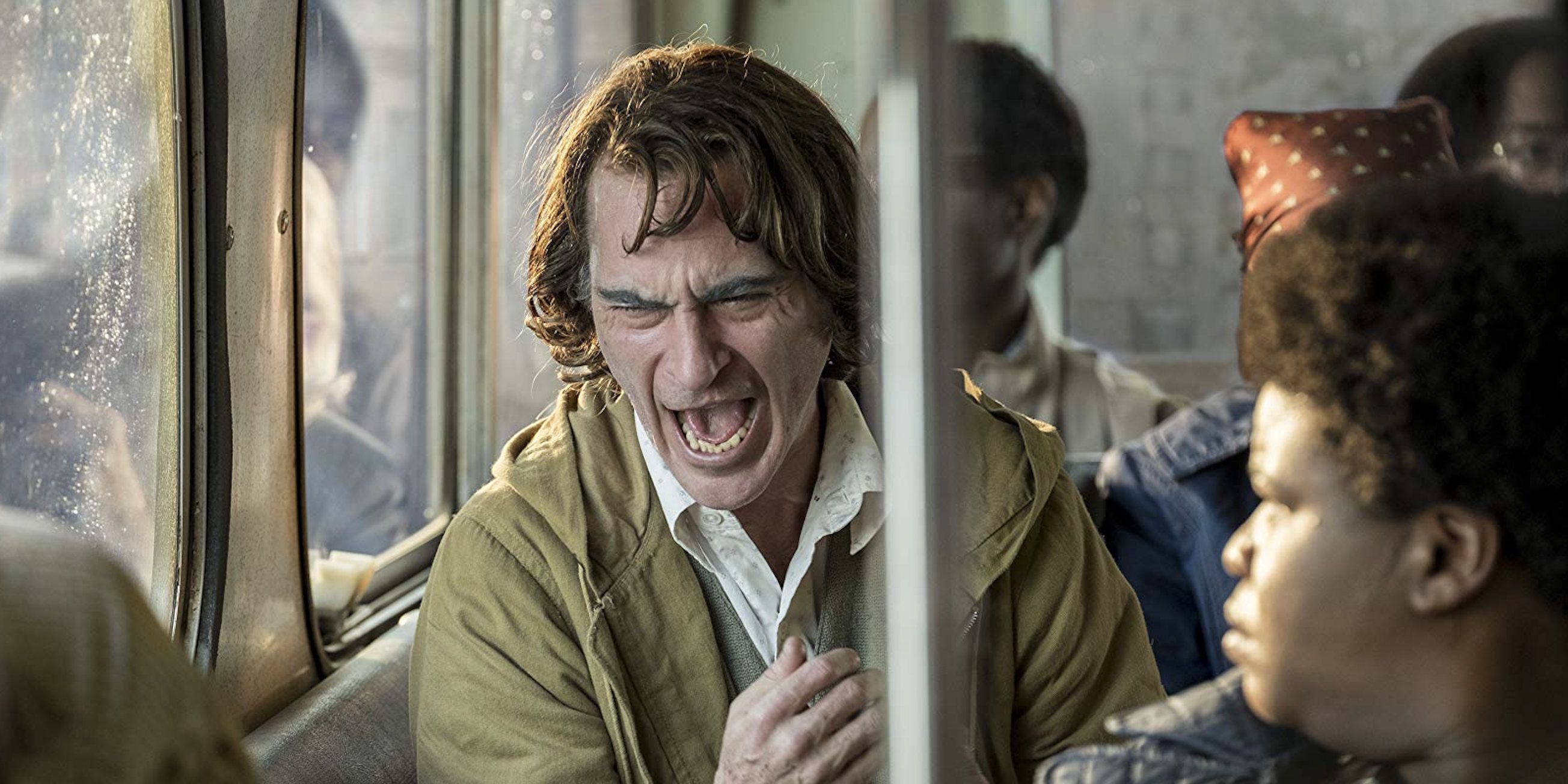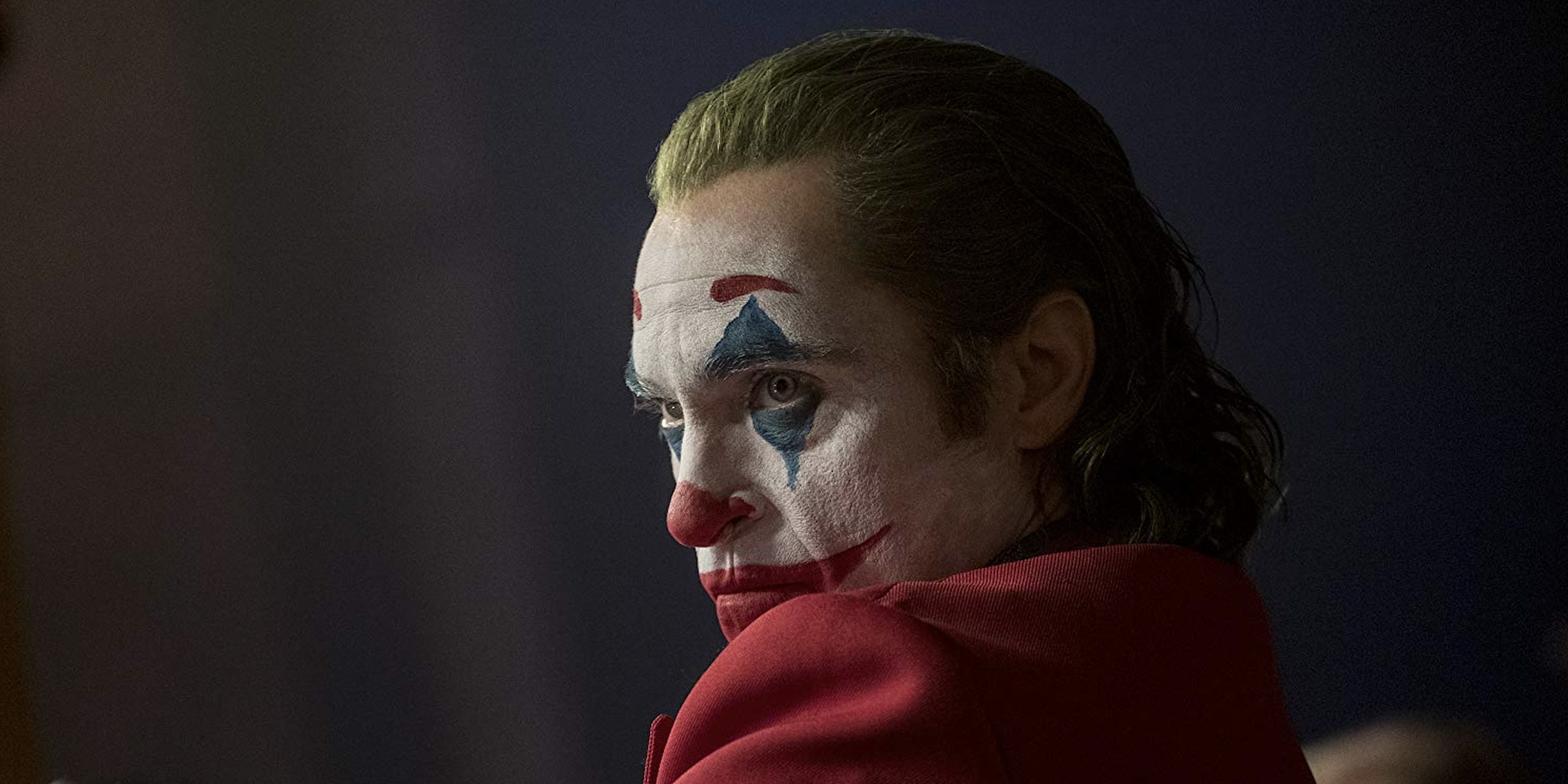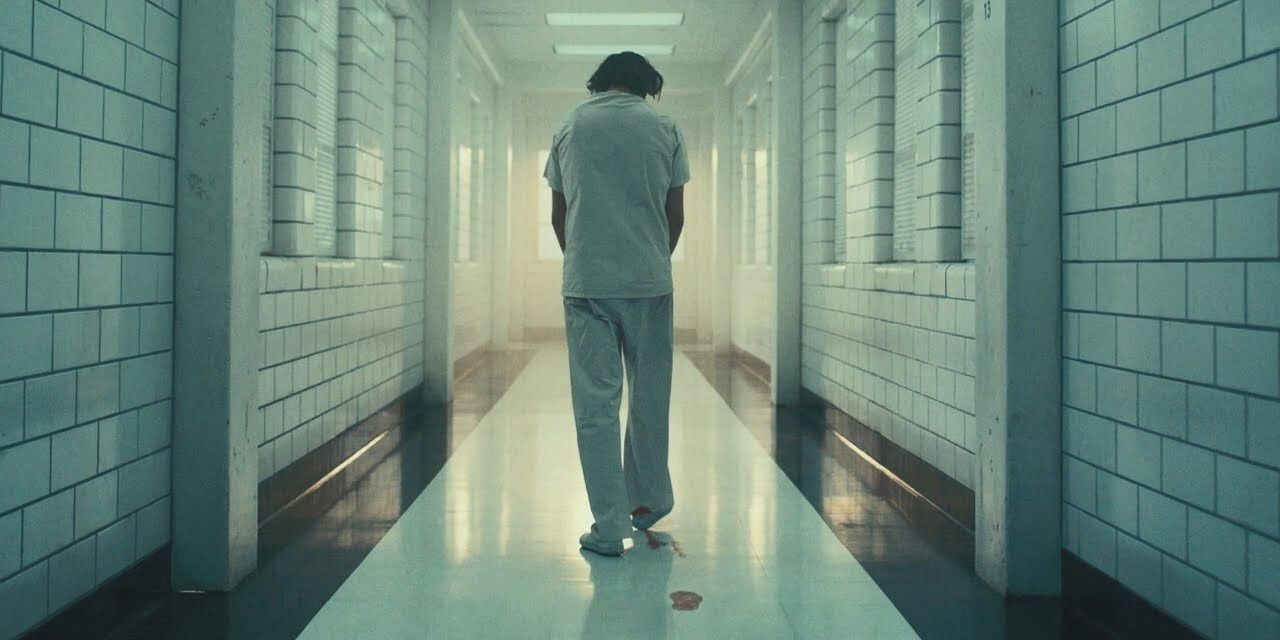Summary
- Arthur Fleck’s comedic tragedy turns into the monstrous Joker persona in a chilling psychological take on the iconic character.
- The Joker movie quotes offer a grim insight into society’s disregard for those struggling with mental illness and societal injustices.
- Joaquin Phoenix’s portrayal of Arthur showcases a heartbreaking journey from unfulfilled dreams to a violent revolution in Gotham City.
The Joker movie quotes have continued to show why Todd Phillips’ take on the iconic character became one of the most talked about movies of the 2010s. The movie was praised by some for Joaquin Phoenix’s Oscar-winning performance and the gritty take on the comic book genre, while also stirring up plenty of controversies as well. Joker is a dark examination of a man suffering and a city that is ignoring him. The way Arthur Fleck views the world is disturbing, but also provides a fascinating insight into the Joker‘s rise. Years since its release, many of the Joker movie quotes remain unforgettable for audiences.
Anticipation for Joker: Folie à Deux continues to build with the release of images, teasers, and set videos showing multiple Jokers in play. It remains to be seen if the sequel can deliver as powerful of a punch to audiences with the return of this complex character. Not only is Joker the main villain of Batman, but he is also one of the most popular villains in pop culture history. Joker gave an interesting exploration of this character and some of the lines from the movie still fascinate fans.
“I’ve Got Nothing Left To Lose. Nothing Can Hurt Me Anymore. My Life Is Nothing But A Comedy.”
Arthur Fleck (Joaquin Phoenix)
Though it is hard to imagine Arthur Fleck ever turning into the Joker fans know from Batman lore, it is fascinating how the movie suggests possible origins for the character. Instead of being an unhinged criminal, this version is far more tragic. The explanation of how his mind could be warped to see the world in such a twisted comedic way comes through in this quote. After losing everything, comedy is the thing that Arthur leans on and his sense of humor has grown very disturbing.
In many ways, this quote ends up being emblemic of the character’s development through Joker. Arthur Fleck goes from earnestly trying to make people laugh – and often struggling to do so – to discovering that many consider his own life to be the joke, as evidenced by his offer to come on Murray Franklin’s show after footage of his floundering stand-up performance gets people to laugh at him, and not with him, which appears to be what finally causes him to break down.
“Everybody Is Awful These Days. It’s Enough To Make Everyone Crazy.”
Arthur Fleck (Joaquin Phoenix)
Arthur’s murder of three men on the subway becomes a spark that ignites all the anger boiling in Gotham City. Despite the change his actions inspired, it is clear that Arthur was never meant to be the leader of some revolt. His confession on the talk show about killing those men has him admitting he didn’t have some larger purpose in mind other than that he didn’t like them. However, his words in this Joker movie quote make it seem as though anyone could have done the same thing.
Indeed, perhaps the most interesting part about the quote is how it appears to have connected with the populus, given Joker 2 establishes the riot at the end of the movie to have been based on reality and not another of Arthur Fleck’s delusions. While it’s clear Fleck is behaving irrationally and impulsively throughout the film – as scenes like him sitting in the fridge or dancing to music that is seemingly playing in his head – it’s also notable that this segment is almost accidentally an appeal to Gotham’s public, and one many take on, emulating him via the riots.
“Well, No One’s Laughing Now.”
Arthur Fleck (Joaquin Phoenix)
It is clear that Arthur has a detachment from reality in the story and that can be seen in his pursuit of a career in stand-up comedy in Joker. He sees it as something he was always meant to do, and it doesn’t even occur to him that it might not be the right path. It is even sadder that Arthur doesn’t seem to understand when people are laughing at him rather than with him, but “no one’s laughing now” provides a chilling foreshadowing of what Arthur’s brand of comedy would ultimately become.
It’s also worth noting that this line can be originally attributed to British comedian and entertainer Bob Monkhouse, whose decades-spanning career also saw him being a successful television presenter. Not only does this tie Fleck’s jokes to real-life comedians, it also underlines something significant – it’s not a bad joke, despite being one of the lines within the scene of Arthur’s stand-up bombing in front of a live audience. Though his performance is clearly shown to be more unsettling than funny, this moment suggests there may well have been some hope for his work, making what transpires all the more tragic.
“They Don’t Give A S*** About People Like You, Arthur. And They Really Don’t Give A S*** About People Like Me Either.”
Social Worker (Sharon Washington)
Watching Arthur struggle with his various issues throughout the movie, it is hard not to sympathize with him and wish that he could get help. Though he is certainly one of Phoenix’s darker characters, the actor makes the audience feel for him. However, the theme of injustice does not just relate to Arthur but most of Gotham. Arthur’s own social worker points out in this Joker movie quote that those in power don’t even care that they exist which eventually results in the chaotic climax.
This helps to explain why the riots at the end of the Joker break out, and also underline of the most tragic aspects of the movie and Arthur Fleck himself, as he’s ultimately just one of many disenfranchised and mistreated people who ultimately are failed by the system. Based on Joker 2 introducing Harley Quinn, it seems this concept may be one followed up on in more detail by the sequel, with Quinn potentially having a similar experience within Gotham.
“You Decide What’s Right Or Wrong The Same Way You Decide What’s Funny Or Not.”
Arthur Fleck (Joaquin Phoenix)
Joker‘s shocking talk show sequence is terrifying, but it is also a twisted moment of triumph for Arthur. After accepting his deadly new path, Arthur introduces himself to the world. Though he was brought on the show to be the butt of the joke, Arthur takes the opportunity to finally let his voice be heard and point out the hypocrisy he sees in society. It also hints that his more twisted sense of humor that others might find disturbing would come to define who he is.
This also speaks to an interpretation of Joker’s interest in comedy that is particularly unique: that of looking at comedy as a reflection of society. For Fleck, it appears as though his comedy is rejected by audiences the same way he is rejected by society. As such, it makes sense he decides to aim his fury at Murray Franklin, who is able to have both social approval and considerable wealth and success. It also adds a nice extra meaning to the very end of Joker, wherein Fleck refuses to explain a joke to his therapist, stating she wouldn’t understand.
“Forgive My Laughter. I Have A Condition.”
Arthur’s Card
One of the most important character elements of the Joker is his laugh. The movie takes a very interesting approach to this aspect, with Arthur’s laugh being a condition he suffers from which he has no control over. The laughing condition in Joker is a real one that people do have, and it also serves as a fascinating way of re-examining why the iconic character might be laughing. Arthur seems pained when he laughs, and it further alienates him from people, who don’t seem to understand that he cannot control his laughter despite the card he carries around with him that explains his condition.
“Is It Just Me Or Is It Getting Crazier Out There?”
Arthur Fleck (Joaquin Phoenix)
In Batman lore, Gotham is usually depicted as a broken city before Batman arrives to save the day. However, the Gotham seen in Joker is even bleaker. The ’80s setting provides a grittiness to the place, and it always feels like it is a city about to go up in flames. The conditions of Gotham likely play a huge role in Arthur’s descent. As the film begins, Arthur talks to his social worker and he struggles with how terrible things have gotten. It is a haunting hint at how bad things will be by the end of Joker.
“You Don’t Listen, Do You?”
Arthur Fleck (Joaquin Phoenix)
The idea of being ignored and overlooked is a big theme in Joker. Arthur is a man who is struggling in life and needs help, but the world around him is uncaring. When he visits with his social worker, he communicates the frustration of that feeling. As she tells him that their program is being cut, Arthur laments that even in this space where he is supposed to get help, he is ignored. He wants people to listen to him and take notice. As the story goes on, he’s willing to go to extremes to get noticed.
“What Kind Of Coward Would Do Something So Cold-Blooded? Someone Who Hides Behind A Mask.”
Thomas Wayne (Brett Cullen)
There is a very different version of Thomas Wayne in Joker than fans have ever seen before. Instead of the dedicated businessman who wants to use his resources to help the people of Gotham, he is a self-involved man of privilege who refuses to consider the needs of the less fortunate. After Arthur kills some abusive men on the subway, reports come out about a vigilante in a clown mask. This Joker movie quote shows Wayne’s opinion about cowards that hide behind masks. This is a not-so-subtle nod to his son’s future, and it connects Joker and Batman in an interesting way.
The quote also serves to combine Joker and Batman’s origin stories in an interesting way, as Thomas Wayne’s speech about the murdered men is cited by Arthur Fleck as part of the reason he decides to shoot Murray Franklin at the end of the movie. This then goes on to generate the riot that then sees Thomas and Martha Wayne murdered by an anonymous character, thus tying the DC hero and villain together in a unique manner.
“For My Whole Life, I Didn’t Know If I Even Really Existed. But I Do And People Are Starting To Notice.”
Arthur Fleck (Joaquin Phoenix)
After the subway murders, something awakens in Arthur and he seems to have discovered some twisted purpose. More disturbingly, he seems to inspire other desperate people in Joker‘s very different version of Gotham City through his murderous actions. Arthur finally sees himself getting attention and that feeds into his sense of meaning. He has accidentally become a symbol of Gotham’s revolution and is willing to continue down this dark path so he is no longer ignored.
In many ways, this explains why Arthur goes from trying to make people laugh to essentially trying to make them scared of him – both because he’s found the first didn’t work, and because the second lets him feel some sense of control over his life and his sense of existing in the world. Given Fleck is repeatedly shown to feel like he exists for a greater purpose, it makes a twisted kind of sense that getting this reaction from people drives him further into his downwards spiral.
“I Hope My Death Makes More Cents Than My Life.”
Arthur’s Joke Journal
Arthur’s dream of becoming a stand-up comedian is a tragic one, as his failure at accomplishing that purpose leads him to his much darker one. However, it also gives an interesting insight into his disturbed mind. Arthur doesn’t seem to understand humor in the same way others do, as evidenced by his “joke journal.” Among these strange scribblings and ideas, there is one phrase he keeps returning to, “I hope my death makes more cents than my life.” It is a hint at Arthur’s dissatisfaction with his current life but also convinces him he’s meant for something greater.
“I Haven’t Been Happy One Minute Of My Entire F***ing Life.”
Arthur Fleck (Joaquin Phoenix)
Despite Arthur’s murderous nature in Joker, he can be quite personable at times. He tries to make people laugh, he laughs at other people’s jokes, and he attempts to be pleasant with everyone he meets. However, he later admits to his mother in a heartbreaking Joker movie quote that he’s never been happy. It’s a disturbing insight into the character who tries to bring joy to people while feeling so bad himself. The movie takes an interesting view of people who are struggling but still told by society that they should smile.
This also changes how Fleck’s jokes appear to the viewer, as where previously they looked more instinctive, after this admission it seems far more as though they’re a desperate effort to make himself happy by bringing happiness to others. Not only does this add an extra layer of tragedy to the character, but it also explains why his jokes often take such a dark path, as they’re to some degree cries for help from the character.
“I Used To Think That My Life Was A Tragedy. But Now I Realize, It’s A F***ing Comedy.”
Arthur Fleck (Joaquin Phoenix)
The tragedy of Arthur’s character is that he truly does want to bring joy and laughter to the world on some levels — it’s just that the world doesn’t want it from him. He tries to maintain this joyful outlook even with his life as difficult as it is. But when things continue to pile upon him, it gets too much to bear. When Arthur visits his mother in the hospital after finding out about how he was abused as a child, he adopts a new outlook. It is as if things have gotten so bad for him that there is nothing left to do but laugh.
“Your Name’s Arthur, Right?”
Sophie Drummond (Zazie Beetz)
Though nothing else seems to be going right in his life, Arthur does meet someone. His friendly neighbor, Sophie, takes a liking to Arthur, and begins dating him even as he spirals deeper into violence. But it was obviously always going to end badly. When Arthur lets himself into Sophie’s apartment, she is startled to find him in her living room. She tells him he’s in the wrong apartment before asking “Your name’s Arthur, right?” Just like that, the audience realizes the seemingly happy relationship between Arthur and Sophie in Joker was all in his head.
“I Know. Isn’t It Beautiful?”
Arthur Fleck (Joaquin Phoenix)
While Joker in the comics is an anarchist character who masterminds all kinds of devious plots, Arthur is a much different kind of villain. He is lost and alone, but he manages to accidentally inspire people through his own violent actions. It is a disturbing reversal of Batman’s own mission to become a symbol for the people of Gotham, as Arthur became that symbol and led them on a path of violence and destruction. After being arrested, Arthur sees the chaos he’s inspired and says “Isn’t it beautiful?” establishing that the villain truly won.
“The Worst Part Of Having A Mental Illness Is People Expect You To Behave As If You Don’t.”
Arthur Fleck (Joaquin Phoenix)
Though many people probably went into the movie thinking they would see a solely a more violent take on a comic book film, Joker is more of an exploration of mental health and how society reacts to those who have such conditions. Arthur is clearly shown struggling with his mental health throughout the film, but there is little sympathy ever shown for his condition. This relates to his feeling about being ignored.
One profound and heartbreaking entry in his journal reads, “The worst part of having a mental illness is people expect you to behave as if you don’t.” This is true throughout the movie, as people react to Arthur as though he is inconveniencing them when it comes to things like his uncontrollable laughter, even when he tries to make the nature of his condition clear.
“‘Are You Having Any Negative Thoughts?’ All I Have Are Negative Thoughts.”
Arthur Fleck (Joaquin Phoenix)
The movie raises the disturbing idea that a villain like Joker might have never been created if people had just listened. Arthur knows he isn’t well and wants help, but the world’s disinterest in him and his struggle causes his downward spiral. As Arthur meets with his social worker, he criticizes her for asking the same questions and not actually caring about the answers, only for his cry for help to once again go unheard. It is a heartbreaking and frightening line delivered perfectly by Phoenix.
“You Wouldn’t Get It.”
Arthur Fleck (Joaquin Phoenix)
As Joker follows Arthur’s dark origins, the movie continues to play around with the idea of reality. Things that happen are later revealed to be inside Arthur’s mind. This leads to the ending, which hints at the possibility that the entire thing could have been a “joke” in Arthur’s head. After Arthur is celebrated in the streets during the riots, the film quickly cuts to him in custody in Arkham Asylum. As he laughs, the doctor asks if he would like to share the joke. He simply responds, “You wouldn’t get it,” which leaves an uneasy question of what is going on in his head.
Based on Joker: Folie à Deux‘s large number of teased larger-than-life musical scenes, it appears as though this moment also foreshadows Fleck’s increased hallucinatory delusions, with the character seemingly retreating into his mind in wake of his placement in Arkham. In effect, this also shows how the failures of the system have culminated in the DC villain, as it appears that the Joker may have only grown more unpredictable and now hard to reach now he’s in custody.
“Can You Introduce Me As Joker?”
Arthur Fleck (Joaquin Phoenix)
As Arthur is getting ready for his big debut on Murray Franklin’s show, he asks to be introduced as Joker, finally adopting the title. The moment could have been really clumsy – however, the movie takes it as a moment to further reinvent the character. Instead of the name Joker referencing the character’s trickster nature, it is recontextualized as someone who is looked down upon and dismissed adopting the insult bestowed upon him. And given what comes next, it is a hint at Arthur’s dark revenge against Murray for the way he ridiculed Arthur.
“You Get What You F***ing Deserve!”
Arthur Fleck (Joaquin Phoenix)
When Arthur is invited onto the late-night show hosted by Murray Franklin in Joker, there is the dreadful sense something bad is going to happen. Indeed, Arthur takes this moment to debut his Joker persona and hold society accountable. After admitting to killing the men on the subway, Arthur criticizes Murray and others for how they treat people like him. He then ends with a final joke, “What do you get when you cross a mentally ill loner with a society that abandons him and treats him like trash? You get what you f***in’ deserve!” He then murders Murray on live television in the movie’s most shocking moment.
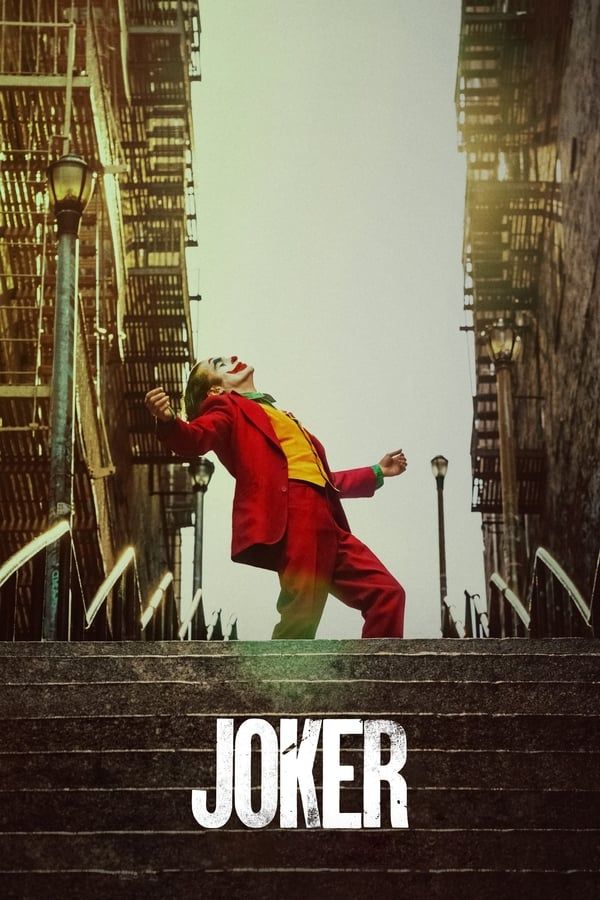
Joker (2019)
Directed by Todd Phillips, Joker is an origin story for Batman’s most iconic villain. Arthur Fleck (Joaquin Phoenix) is a down-on-his-luck clown who is trying to become a successful stand-up comedian. When things don’t go according to plan, and Arthur feels Gotham is oppressing him and others with mental illness, Arthur sparks a violent revolution within the city.
- Director
- Todd Phillips
- Release Date
- October 2, 2019
